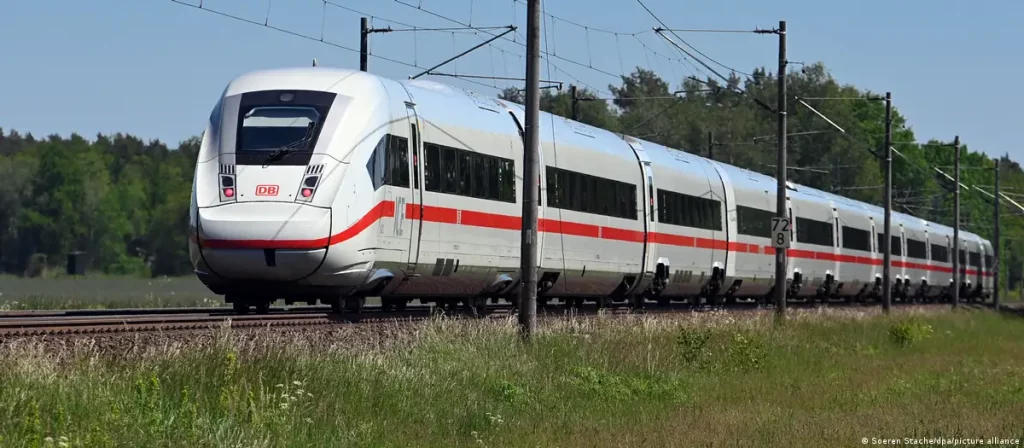In a pivotal development aimed at alleviating the travel woes of countless individuals across Germany, Deutsche Bahn, the country’s national rail operator, and the GDL train drivers’ union have agreed to resume negotiations on their contract. This decision marks a significant step towards resolving the protracted series of strikes that have disrupted the nation’s rail network for several months.
The announcement comes after weeks of deadlock between the two parties, during which travelers faced considerable inconvenience due to ongoing labor disputes. Despite the challenges, both Deutsche Bahn and the GDL union have expressed cautious optimism about the prospects of finding a mutually acceptable resolution. Deutsche Bahn’s confidence in reaching a deal stems from existing agreements on various issues, providing a foundation for productive negotiations.
At the core of the prolonged dispute lies the GDL’s demand for a reduction in the workweek from 38 hours to 35 hours, without any corresponding decrease in pay. Deutsche Bahn’s initial offer, which proposed a gradual reduction to a 36-hour workweek by 2028, failed to satisfy the union’s demands, leading to an impasse. However, with negotiations set to resume, there is renewed hope for finding common ground on this contentious issue.
Both parties have pledged to conduct negotiations discreetly behind closed doors in the upcoming week, demonstrating a commitment to avoiding public statements that could disrupt the delicate process. This strategic approach reflects a willingness to prioritize constructive dialogue and compromise in pursuit of a mutually beneficial agreement.
The decision to restart talks has been met with widespread relief among passengers who have borne the brunt of travel disruptions caused by the recurring strikes. The recent labor action, which coincided with a strike by Lufthansa’s cabin crew, exacerbated challenges for travelers across the nation, underscoring the urgency of resolving the underlying issues.
While the path to resolution remains uncertain, the resumption of negotiations has sparked optimism for a breakthrough in the near future. Smaller private regional rail operators have already demonstrated flexibility by agreeing to the GDL’s demand for a reduced workweek without pay cuts, contingent upon the union securing a similar agreement with Deutsche Bahn. This collaborative approach bodes well for achieving a comprehensive solution that addresses the needs of all stakeholders involved.
As negotiations unfold behind the scenes, travelers and industry stakeholders remain vigilant, eagerly anticipating a successful outcome that reinstates stability to Germany’s vital rail network. The potential resolution of this longstanding dispute holds the promise of smoother, more reliable rail services, benefiting both passengers and the broader economy.


